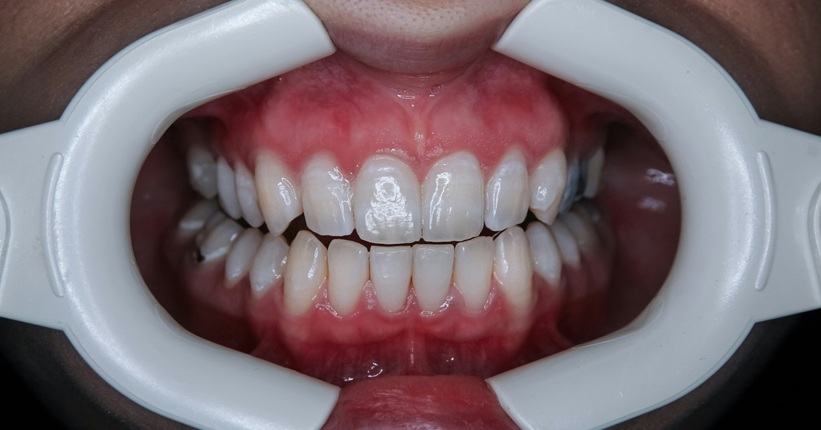
Dental Implants and Diabetes
Diabetes mellitus for a long time was considered one of the contraindications for performing dental implant implantation procedures. Implantation in people with diabetes was approached reluctantly, fearing the risk of implant rejection and failure of the procedure. Currently, diabetes is a relative contraindication and for many dentists is only one of many routine difficulties. Is it safe for people with diabetes to undergo dental implantation?
Why are you worried about diabetes?
Diabetes impairs collagen synthesis, which causes the wound healing process in diabetics to proceed more slowly than in healthy people. Increased tissue regeneration time increases the risk of infection within the wound. In the context of dental implantation, this can slow down the process of integrating the implant into the bone. These factors for a long time discouraged both patients and dentists from carrying out implant procedures in people with diabetes.
What do we know today?
Scientific studies have shown that dental implants can be successfully implanted in people with diabetes, provided the disease is well controlled. A review of studies indicated that in studies lasting 10 years, the percentage of successfully completed implantation procedures in diabetics was about 68%, and in studies of recent years, up to 100% effectiveness was achieved.
Of particular value is the research conducted by the University of Texas Health Science Center in San Antonio. In this study, 110 patients were divided into three groups: without diabetes, with stabilized diabetes, and with uncontrolled diabetes. Each had two implants implanted in the lower jaw and followed for a year. The wound healing time was increased to four months instead of the standard two. The results showed that the differences in implant maintenance between patients without diabetes and with stabilized diabetes were minimal. Problems appeared mainly in patients with uncontrolled diabetes, in whom the wounds healed much longer.
Can a diabetic have an implant?
People with diabetes are not doomed to failure of implantation. It is crucial to maintain normal glucose and glycated hemoglobin (HbA1c) levels throughout the healing process. Maintaining these parameters in the norm affects the shortening of the recovery period and improving the effects of treatment.
How to prepare for the procedure?
The patient with diabetes should start preparing for the implantation procedure at least a few weeks in advance. It is important to introduce a treatment that stabilizes sugar levels, which often requires cooperation with a diabetologist and an adequate diet. Diabetes control before and after surgery minimizes the risk of complications and increases the chances of effective osseointegration of the implant.
Summary
- Diabetes is not an absolute contraindication to dental implantation.
- Good control of sugar and HbA1c levels is key.
- In patients with well-controlled diabetes, the effectiveness of implantation is comparable to healthy people.
- The healing process can be prolonged, especially in people with uncontrolled diabetes.
- Cooperation with the dentist and diabetologist and proper preparation of the patient increase the chances of success of the procedure.
Thanks to modern diagnostic and treatment methods, dental implants are today safe and effective even for people with diabetes, provided the disease is properly controlled.
Content author

Dr. Wojciech Gącienica-Ciułacz
Dr. Wojciech Gącienica-Ciułacz is a dentist for whom dentistry is a true vocation. In his practice, he stands out for his extraordinary ability to listen carefully to patients, thanks to which he is able to precisely adjust the treatment plan to the individual needs and expectations of each person. His approach is based on the deep conviction that effective dental therapy must take into account not only the medical aspect, but also the comfort and well-being of the patient.

Start treatment already today!
Make an appointment and discover why our patients recommend us to their loved ones. We will take the utmost care of your smile.


